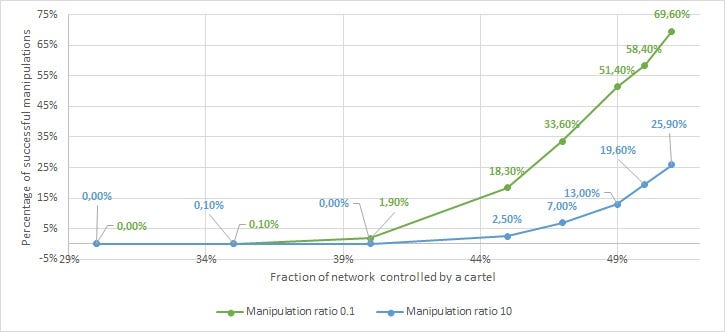It's a great feeling to see the results of your work alive :) Bridiging BigQuery and Spanner was a super interesting project. Can't wait to see what people will build with it! Take a look at the Blog post, the documentation and feel free to reach out to me with any questions.
*The picture at the beginning of the post comes from Google Blog.







 orcid.org/0000-0002-6838-2135
orcid.org/0000-0002-6838-2135